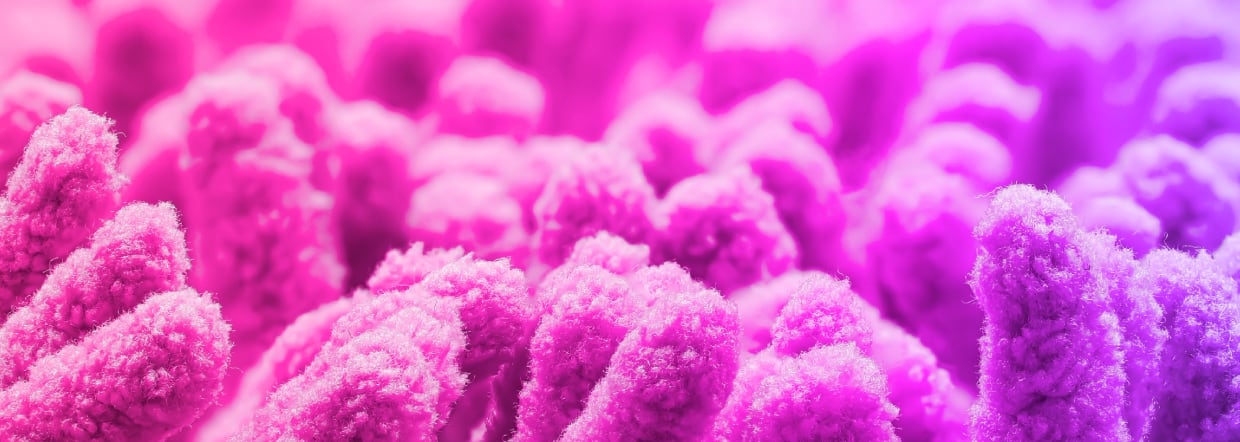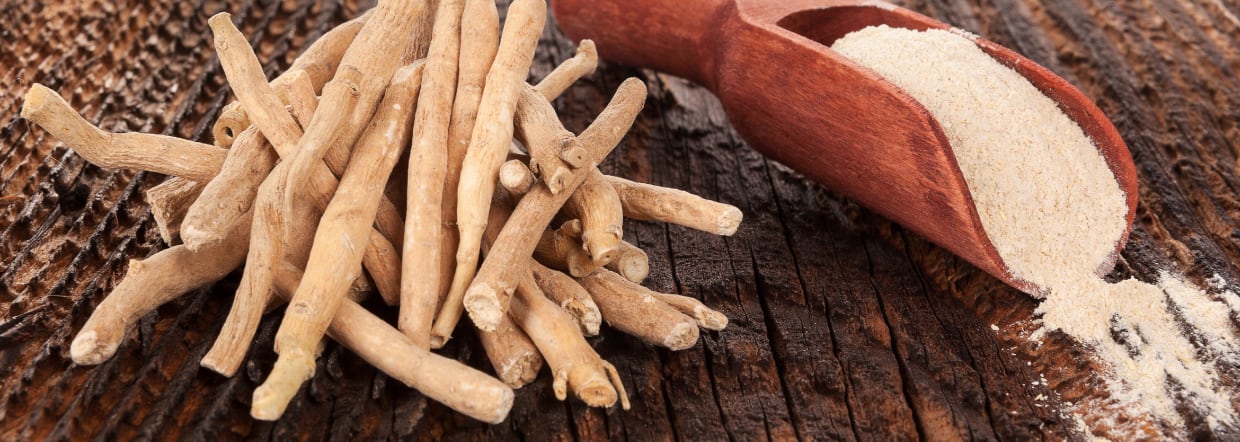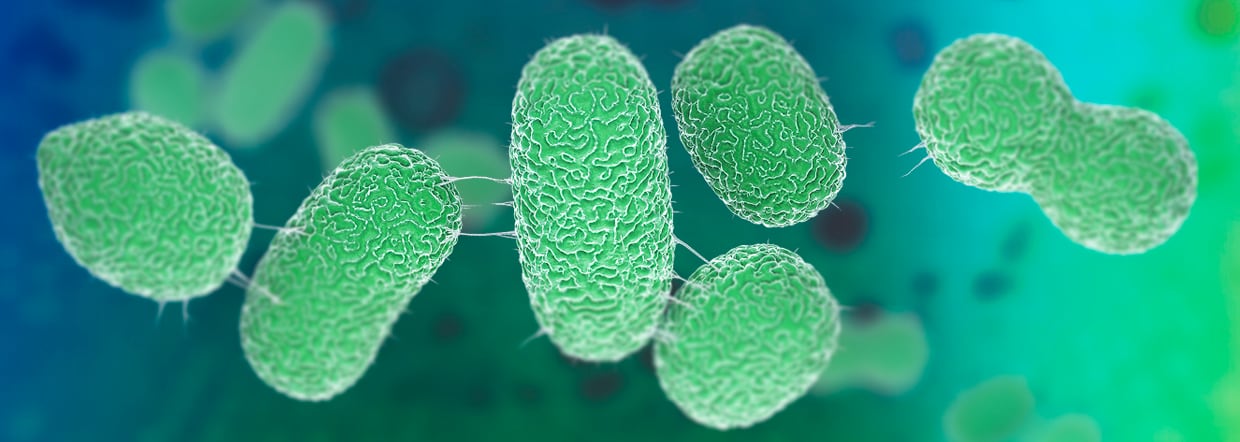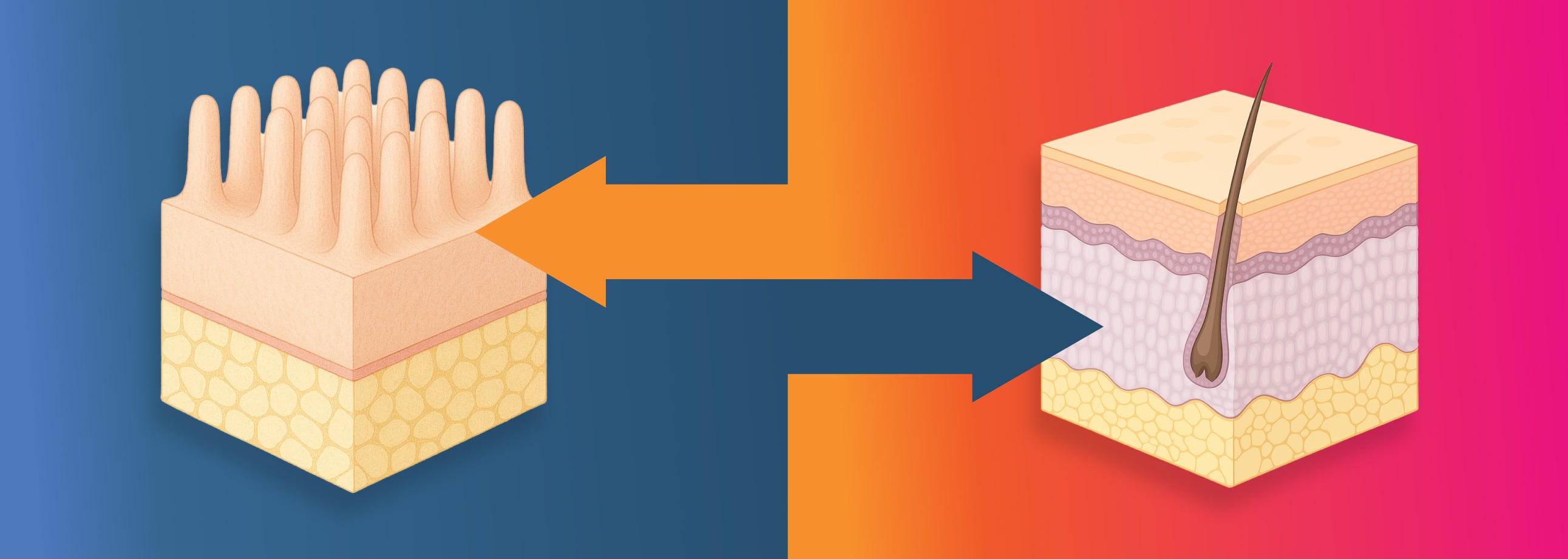Hair loss is a common concern for both men and women, though many are reluctant to use pharmaceutical or surgical solutions to prevent or reverse this condition.
This has created a growing demand for solutions that are both natural and effective; mostly in the use of common dietary supplement ingredients such as vitamins, minerals, and herbal extracts, to support hair growth. However, since the discovery of the microbiome-gut-skin axis, which describes a complex signaling and immune-mediated relationship between the gut microbiome and skin health, scientists have been investigating the use of microbiome-modulation as a way to influence the health of both the skin and hair.
Now, the gut-hair axis is an emerging concept rooted in the broader understanding of the gut-skin axis – especially since all three (gut, skin, and hair follicles) have their own unique microbiomes and immune system interfaces.¹⁻²
Using both animal and human studies (case- and cross-sectional studies), evidence shows that the composition and metabolic activity of the gut microbiome can significantly influence scalp health, follicular function, and hair growth dynamics.³⁻⁴ The role of both gut and hair microbiomes have especially been linked to alopecia and other hair growth-related phenomena.⁵⁻⁶
As with many other peripheral influences of the gut microbiome, the gut-hair axis is mostly mediated by signals affecting the gut barrier, immune regulation (particularly those that drive systemic inflammation), and the circulation of specific microbe metabolites (e.g., short chain fatty acids, secondary bile acids, etc.), though direct influence on the skin and hair microbiome is an advancing area of research.⁷ These well-known influences on systemic disorders suggests that modulation of the gut microbiota using probiotics may be useful for supporting hair growth.⁸
To expand knowledge around this exact question, Vidya has recently completed a randomized placebo-controlled clinical trial in which subjects with hair thinning were given a probiotic-herbal combination product (Biotical™ GH ) then evaluated for changes in hair density and scalp follicle microbiome.
Specifically, this was a combination of three spore-forming Bacillus probiotics (B. coagulans, B. subtilis, B. clausii) – along with 200 mg of Vidya’s standardized Saw Palmetto extract (Vi-Spo®) which is already shown to positively influence hair growth.⁹ Sixty subjects were randomized to supplement with this combination, or placebo, daily for 24 weeks; they were evaluated at baseline, and at 4, 12, and 24 weeks.
The primary endpoint was a change in hair density and growth at 24 weeks, though secondary outcome measures included changes in hair diameter at 4 weeks and 24 weeks and measures in the relative abundance of microbes of hair microbiome at 4 weeks and 24 weeks. After 24 weeks of supplementation, there was a 30% increase in hair density (hairs/cm2) compared to baseline (P=0.005) in subjects taking the spore probiotic-herbal blend, and a 25% increase in follicular unit count/cm2 (P=0.009).
Neither measure of hair density was statistically different in subjects consuming placebo for 24 weeks. A modest 6% increase in hair width was realized after 12 weeks, though there was no difference between the two groups.
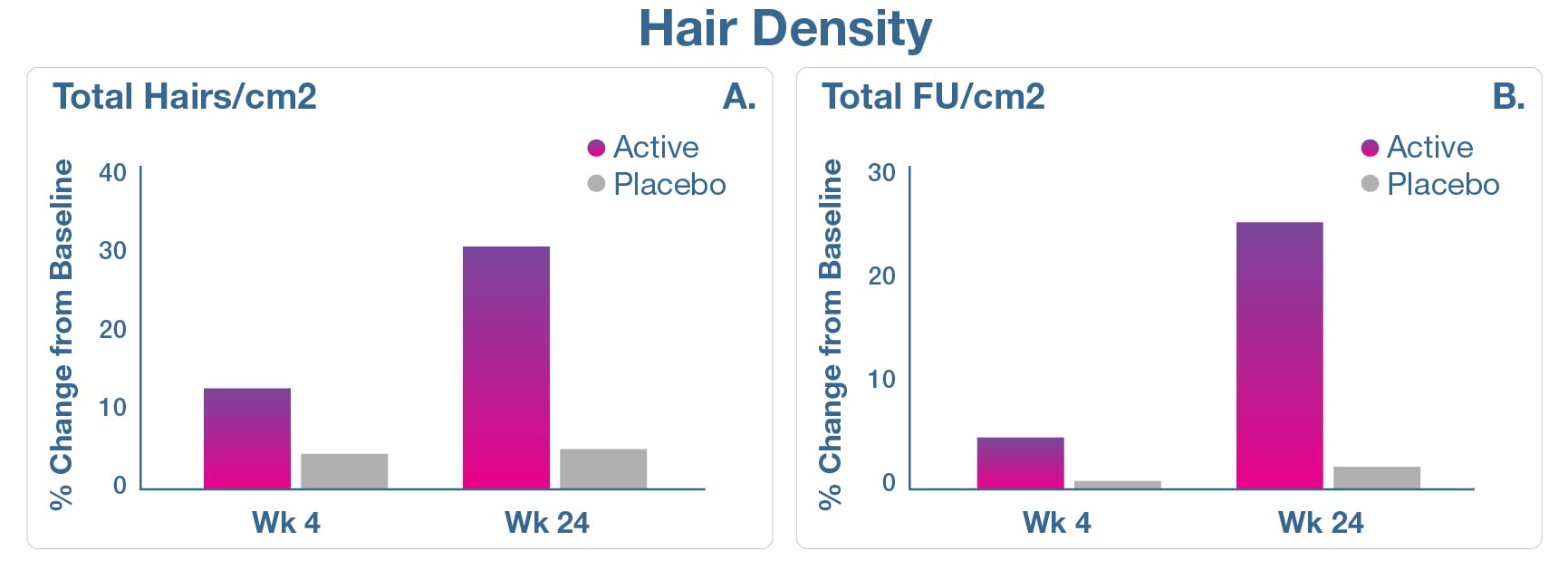
The microbiome of the scalp/follicles was analyzed (using 16S rRNA) from samples collected using skin swabs to the scalp and/or plucking of hair and measured at baseline and after 24 weeks of supplementation. While overall measures of diversity were relatively unchanged after supplementation (in either group), shifts in several specific organisms from baseline suggests a positive microbiome modulation after 24 weeks of supplementation with the probiotic-herbal combination compared to placebo.
Some of these changes include an increase in beneficial species such as Staphylococcus hominis, known for outcompeting pathogenic bacteria and maintaining a healthy skin barrier; a decrease in pathogenic species such as Cutibacterium kroppenstedtii, which is often associated with folliculitis and inflammatory scalp conditions; and a balanced abundance of commensal yeast Malassezia species, a critical component in avoiding scalp dysbiosis.¹⁰⁻¹¹
“We are proud to be the first and only company to have conducted a placebo-controlled clinical trial with probiotics focused specifically on the hair microbiome,” says Aleksander Richards, Vidya’s Director of Clinical Research and Development.
“While others have speculated on the relevance of microbial balance, we’ve measured it – demonstrating that Biotical™ GH promotes a resilient hair microbiome diversity, while the placebo group trended toward microbial degradation and an inflammatory shift,” maintained Richards.
“This distinction is critical; promoting microbiome diversity is not just about increasing ‘good bacteria’ – it’s about fostering a dynamic, adaptable ecosystem that resists overgrowth of pathogens and maintains scalp homeostasis.”
Gut microbiome modulation using probiotics as a means to impact the composition and function of skin and hair follicle microbiomes is a new approach to hair loss, and opens up new avenues for designing safe and natural products to promote scalp health and support hair growth. Vidya plans to continue researching these promising results with future clinical trials, further expanding its understanding of the gut-hair axis and its role in promoting hair growth.
References
- O’Neill, CA.; et al. The gut-skin axis in health and disease: A paradigm with therapeutic implications. Bioessays. 2016 Nov;38(11):1167-1176.
- Feng Y. Exploring clues pointing toward the existence of a brain-gut microbiota-hair follicle axis. Curr Res Transl Med. 2024;72(1):103408.
- Rebello, D.; et al. Hair Growth in Two Alopecia Patients after Fecal Microbiota Transplant. ACG Case Rep J. 2017;4:e107.
- Jung, DR.; et al. Comparative analysis of scalp and gut microbiome in androgenetic alopecia: A Korean cross-sectional study. Front Microbiol. 2022 Dec 12;13:1076242.
- Burma, NE.; et al. Cutaneous and Gut Dysbiosis in Alopecia Areata: A Review. JID Innov. 2025;5(4):100363.
- Carrington, AE.; et al. The Gut and Skin Microbiome in Alopecia: Associations and Interventions. J Clin Aesthet Dermatol. 2023;16(10):59-64.
- Rea, K., et al. Microbiota-gut-brain axis: The influence of gut microbiota on neuropsychiatry. Molecular Psychiatry. 2016; 21, 738–748.
- Yin, CS.; et al. Efficacy of probiotics in hair growth and dandruff control: A systematic review and meta-analysis. Heliyon. 2024;10(9):e29539.
- Sudeep, HV.; et al. Oral and Topical Administration of a Standardized Saw Palmetto Oil Reduces Hair Fall and Improves the Hair Growth in Androgenetic Alopecia Subjects - A 16-Week Randomized, Placebo-Controlled Study. Clin Cosmet Investig Dermatol. 2023;16:3251-3266.
- Kobayashi, T.; et al. Dysbiosis and Staphylococcus aureus colonization drives inflammation in atopic dermatitis. Immunity. 2020; 53(3), 623–635.
- Grimshaw, SG.; et al. The diversity and abundance of fungi and bacteria on the healthy and dandruff affected human scalp. PLoS One. 2019 Dec 18;14(12):e0225796.

